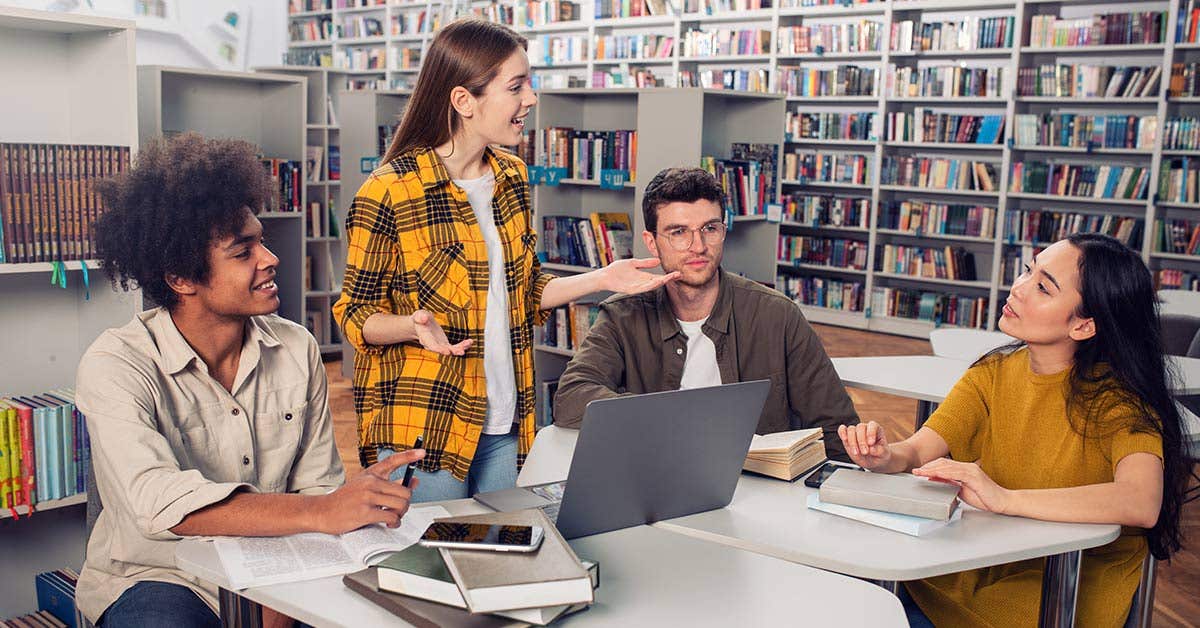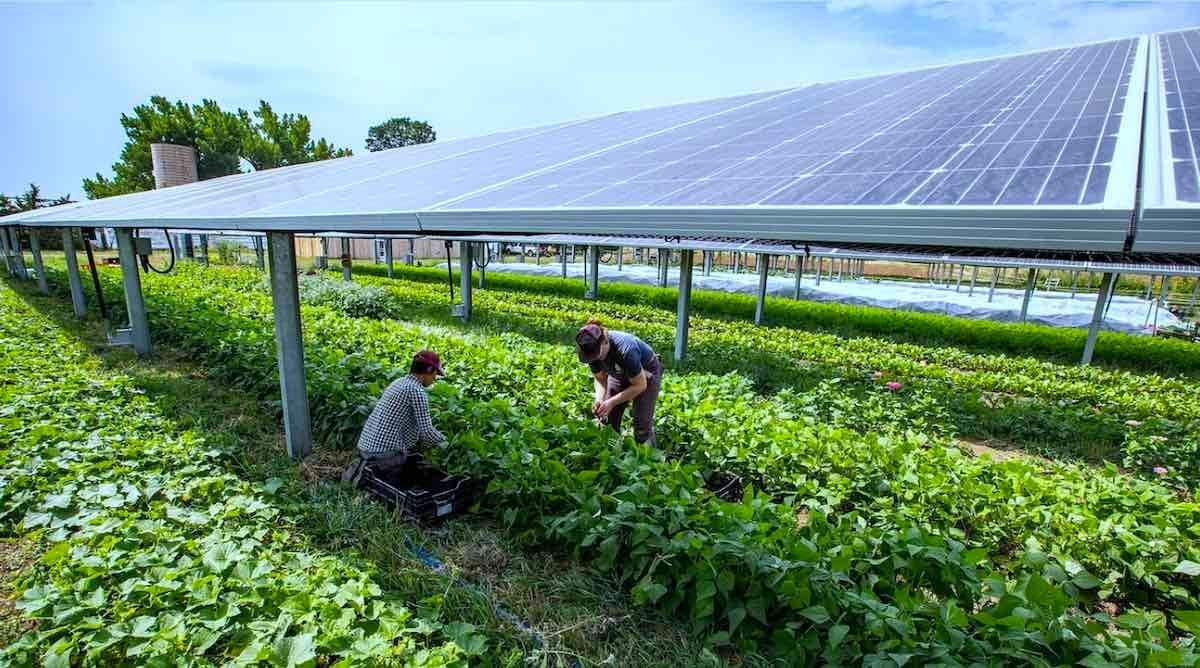Eye-opening study reveals the secret to student academic success
In the ever-changing world of education, there’s a straightforward mantra: High engagement leads to high returns.

[Oct. 30, 2023: Staff Writer, The Brighter Side of News]
In the ever-changing world of education, there's a straightforward mantra: High engagement leads to high returns. (CREDIT: Creative Commons)
In the ever-changing world of education, there's a straightforward mantra: High engagement leads to high returns. At least, that’s the sentiment echoed by education experts from the University of South Australia.
In a groundbreaking study collaborated with Flinders University and Melbourne Graduate School of Education, startling revelations about the state of learning in classrooms have emerged.
Out of the multitude of teachers assessed, less than a third actively involve their students in complex, critical thinking and problem-solving exercises.
The research spanned classrooms in South Australia and Victoria. Through meticulous filming and evaluations, it became apparent that an overwhelming 70% of the tasks students performed centered around superficial learning.
Related Stories:
This type of learning is characterized by rudimentary activities like answering basic questions, taking notes, or passively listening to lectures.
Dr. Helen Stephenson, a notable researcher from UniSA, painted a vivid picture of the situation. “When we delve into the dynamics of learning, the depth of engagement directly correlates with the depth of learning," she expressed. "However, in our observations, the majority of students are mired in low-engagement, passive tasks.”
The study identified that approximately 70% of the educational content can be labeled either 'passive' (minimal visible student input) or 'active' (elementary tasks such as answering questions from a worksheet).
Less than a third of teachers are engaging students in complex learning. (CREDIT: Creative Commons)
Yet, there is an urgent call for a pivot in instructional strategy. Dr. Stephenson emphasizes the value of deep and conceptual learning, “This form of learning pushes students to structure their knowledge conceptually. The benefits? Enhanced retention of information, bolstered learning outcomes, and a foundation that fuels innovation."
How can teachers initiate this transformative shift? “Even minuscule modifications in lesson plans can be game-changers,” Dr. Stephenson notes. For instance, the act of watching a video can metamorphose from a passive experience to an interactive one. Rather than just viewing, students could engage in constructive tasks like formulating questions during the video or participating in discussions to generate diverse perspectives.
Minutes assigned to the passive, active or active/collaborative, and constructive or interactive codes for each participating teacher. (CREDIT: ScienceDirect)
Such interactive engagements, where students collaborate, challenge arguments, and devise solutions, are the gold standard. These aren't just tasks; they are potent tools that cultivate critical thinking, reasoning, and ultimately, enhanced learning.
One revelation from the study that stands out is the disconnect many educators seem to have. A significant number of teachers were either unaware or perhaps underestimated the potential impact of their lesson tasks in stimulating varied levels of student engagement.
In the great majority of cases, the students were not given any choice over their learning, especially when they were involved in Passive and Constructive tasks. (CREDIT: ScienceDirect)
“Transitioning even from 'active' to 'constructive' tasks can be a monumental stride towards enriched student learning,” suggests Dr. Stephenson.
This study serves as a clarion call. Teachers are the pillars of the educational ecosystem, and they need robust support systems. Investing in professional development for educators can usher in a paradigm shift - one that emphasizes practices fostering deep learning and thus, superior student outcomes.
For more science and technology stories check out our New Discoveries section at The Brighter Side of News.
Note: Materials provided above by The Brighter Side of News. Content may be edited for style and length.
Like these kind of feel good stories? Get the Brighter Side of News' newsletter.
Joseph Shavit
Head Science News Writer | Communicating Innovation & Discovery
Based in Los Angeles, Joseph Shavit is an accomplished science journalist, head science news writer and co-founder at The Brighter Side of News, where he translates cutting-edge discoveries into compelling stories for a broad audience. With a strong background spanning science, business, product management, media leadership, and entrepreneurship, Joseph brings a unique perspective to science communication. His expertise allows him to uncover the intersection of technological advancements and market potential, shedding light on how groundbreaking research evolves into transformative products and industries.



